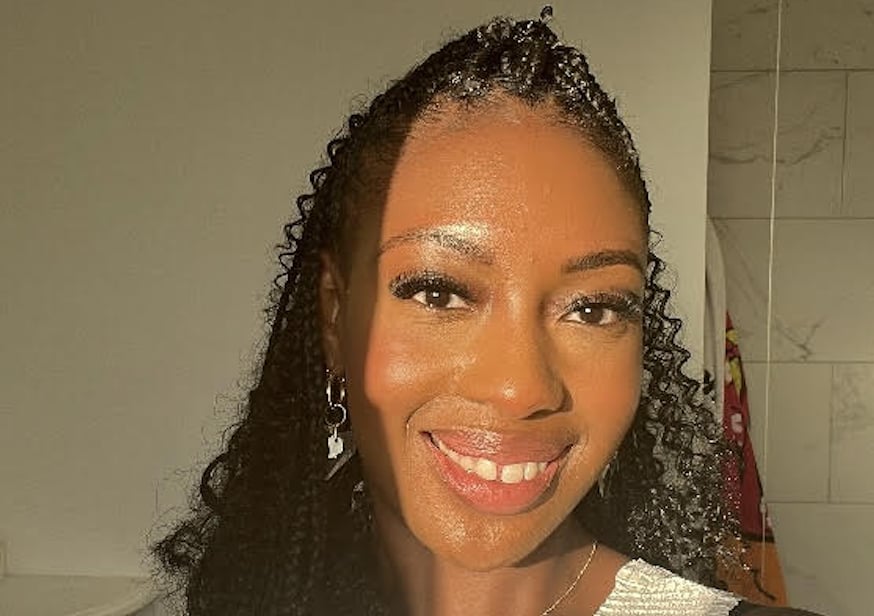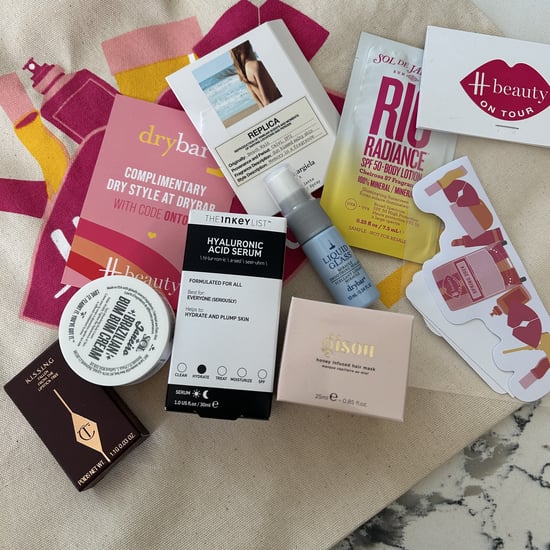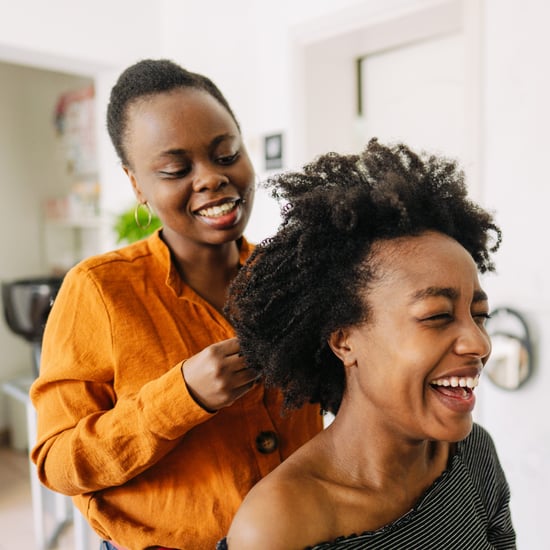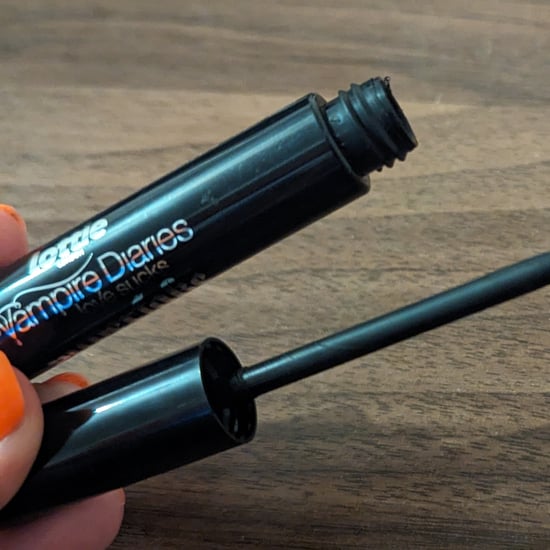Happy to Be Gappy: Why I’m Keeping the Gap in My Front Tooth

Image Source: Habiba Katsha
Teeth, the average person has 32 of them. The sole purpose of our teeth is to ensure that we can bite, tear, and chew into our food properly. But, most people prioritise the appearance of their teeth over their health. My fascination with teeth has remained a consistent pillar in my life, mainly because I have never liked mine. My teeth were crooked and small and I felt that my smile looked quite gummy. But my main gripe with my teeth? My gap.
I'm a naturally smiley person but every time I looked in the mirror to smile as a child, I was left with disappointment. Though I inherited my gap from my father who passed away, I was the only person in my family with a gap tooth. I had no one I could point to and say: "Your teeth look like mine." I felt different but not in the sense of feeling unique, I felt ugly.
I was quite vocal about my feelings about my gap tooth. My mother would have to endure hearing continuous rants about how I disliked my teeth and how I desperately wanted to close my gap. These words pierced my mother. She had always told me that my dad's gap drew her attraction to him and that tooth gaps signify wealth and beauty in Congo (where we're originally from). Whilst she was adamant that my teeth were beyond fine, my peers didn't think so.

Habiba as a child. Image Source: Habiba Katsha
Looking back as a child, I often wondered if I had a natural dislike for my teeth or if my animosity towards them came from being picked on. I think it was a combination of the two. Like many people, the playground is where we first learn about beauty norms. Who gets followed the most during kiss chase? Who is deemed the most attractive person in class? It wasn't me and I knew my teeth played a significant role in that. Was I bullied? No? Was I teased for the way my teeth looked? Yes. It solidified my feelings that having a gap tooth would not help me get to the top of the hierarchy of beauty.
So, when I was old enough to be considered for braces I made sure to make my requests known. Despite my mother being against my wishes to close my gap, I went ahead and got braces. For the next two years, I watched my gap get smaller and smaller and my excitement grew for the day when they would finally be removed. Eventually, that day arrived when I turned 16.
After two painful years, the gap was gone, the process was complete and I felt on top of the world. I could probably have won the award for the world's smiliest teenage girl after that day. It was the first time in my life that I saw my teeth and felt good enough. Anyone with braces knows that you must wear your retainers every night after your braces are removed. Getting braces is one thing but if you don't wear your retainers consistently your teeth will go back to it's pre-braces state, something I feared.
After moving back home after university, I woke up one morning and found that my retainers were gone. My sister accidentally threw them away and I was devastated. As the weeks went by I slowly saw my gap widen. At first, I didn't think it was much of a big deal but as the gap continued to get bigger I panicked.
After spending years trying to manipulate my smile and hide my gap at every given chance, I accepted my fate, the gap was here to stay. I don't know when or how it happened but I could feel myself warming up to my gap. Suddenly, I wasn't shying away from the camera but instead, I was embracing it. After all those years of wanting to fit in, I realised how much I loved standing out.
The more time I spent looking at my teeth, the more I saw how much it suited me, it was like I was finally seeing myself properly for the first time.
It took me years to finally understand what my mum was telling me. That my uniqueness is my superpower. Now that I'm older and understand the impact of European beauty standards I know that I internalised the beauty standards of the West. In Ghana and Nigeria, teeth gaps symbolise fertility and in some parts of the Caribbean, gaps are seen as being sexy.
Now I stand bold in knowing that my beauty represents my heritage. More importantly, when I see my gap I see my father and that his legacy will continue through me.
The goalpost of what is considered beautiful is always changing. Beauty standards change like the wind so I believe it's important that we stand firm in what we consider beautiful. Though I am not against surgical enhancements, beauty treatments, and plastic surgery I think every woman should examine where her insecurities are coming from and whether we are holding on to other people's perception of beauty. I love my gap now and I'm glad that I finally feel good enough.
Habiba Katsha is a freelance writer who writes about beauty, race, gender and internet culture.








